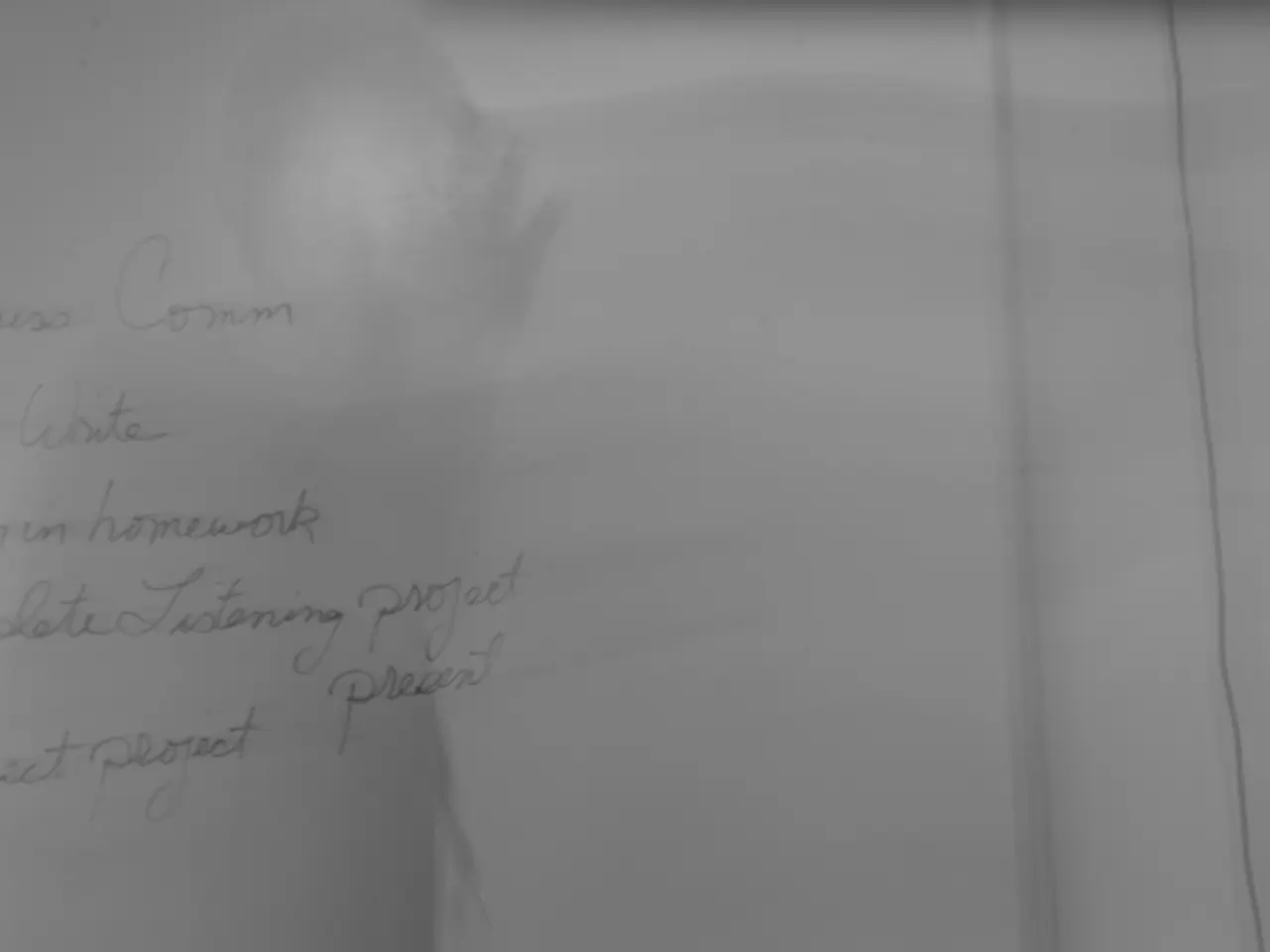European nations France, Germany, and the UK show openness to re-imposing sanctions on Iran
The European powers, specifically France, Germany, and the United Kingdom, have escalated their warnings to Iran regarding its suspension of cooperation with the International Atomic Energy Agency (IAEA) over its nuclear program. In a joint letter to UN Secretary-General Antonio Guterres, these major European nations have urged the reimposition of UN Security Council sanctions on Iran by activating the "snapback" mechanism before its critical expiry on October 18, 2025.
The snapback mechanism, a provision in the 2015 Iran nuclear deal (JCPOA), would restore previous UN sanctions suspended under the agreement due to Iran’s ongoing non-compliance and the deal’s effective collapse. The European powers argue that time is running out, and the snapback represents the last viable means to maintain and enforce multilateral sanctions on Iran at the UN level.
The JCPOA, signed in 2015 by Iran, the EU, and the P5+1 (US, UK, France, Russia, China, Germany), suspended UN sanctions under Resolution 2231 while limiting Iran’s nuclear program. The snapback mechanism allows any participant to reimpose sanctions if Iran breaches its commitments, bypassing vetoes by Russia or China.
Iran has ceased compliance since 2020 and refuses to curtail uranium enrichment, increasing pressure for sanctions renewal. The European powers are pressing the UN Secretary-General to initiate the process to trigger snapback sanctions before the expiration date, lest the permanent expiration of UN sanctions related to Iran’s nuclear program remove an important layer of international pressure.
This urgent call to action comes amidst a tense and unresolved standoff over Iran’s nuclear program and the future of international nonproliferation measures. Iran rejects new negotiations while facing the threat of sanctions and regional security threats. The snapback mechanism is viewed as the last multilateral enforcement tool currently available.
The situation remains complex, with recent military actions adding to the tension. In June, Israel launched a 12-day war with Iran, partly seeking to destroy its nuclear capability, and the United States staged its own bombing raid during the conflict. The European ministers have dismissed these allegations as unfounded in their letter.
The US has started contacts with Iran over its nuclear activities, but these were halted by the Israeli strikes in June on Iran's nuclear facilities. The European ministers of France, Britain, and Germany are signatories to the 2015 Joint Comprehensive Plan of Action with the US, China, and Russia, which offered a carrot and stick deal for Iran to slow its enrichment of uranium needed for a nuclear weapon.
Iran halted all cooperation with the IAEA after the strikes, but the agency's deputy chief is expected in Tehran for talks on a new cooperation deal. The European countries have stated that Iran has breached several engagements under the 2015 deal, including building up a uranium stock more than 40 times the permitted level. Before the Israeli strikes, international powers had raised concerns about the lack of access given to IAEA inspectors.
As the deadline approaches, the European powers are committed to using diplomatic tools to prevent Iran from developing a nuclear weapon unless Tehran meets a deadline. However, if Iran does not reach a diplomatic solution before the end of August 2025, or does not seize the opportunity of an extension, they are prepared to trigger the snapback mechanism.
The United Nations has received the joint letter from the European powers, signalling the escalation of the international community's efforts to address the Iran nuclear issue and maintain the integrity of nonproliferation measures.
- The European powers, specifically France, Germany, and the United Kingdom, have called on the United States to join them in reimposing UN Security Council sanctions on Iran, using the snapback mechanism before it expires in 2025.
- The snapback mechanism, a provision from the 2015 Iran nuclear deal, allows any participant to reimpose sanctions if Iran breaches its commitments, bypassing vetoes by Russia or China.
- The US has been in contact with Iran over its nuclear activities, but these talks were halted by Israeli strikes on Iran's nuclear facilities in June.
- The Taiwanese government has expressed concern about the repercussions of the Iran nuclear issue on world politics, particularly in terms of policy-and-legislation and war-and-conflicts.
- As the deadline for the snapback mechanism looms, the Israeli government has been closely watching the developments in the Middle East, expecting possible intensification of the national war-and-conflicts if Iran does not reach a diplomatic solution before the end of August 2025.







